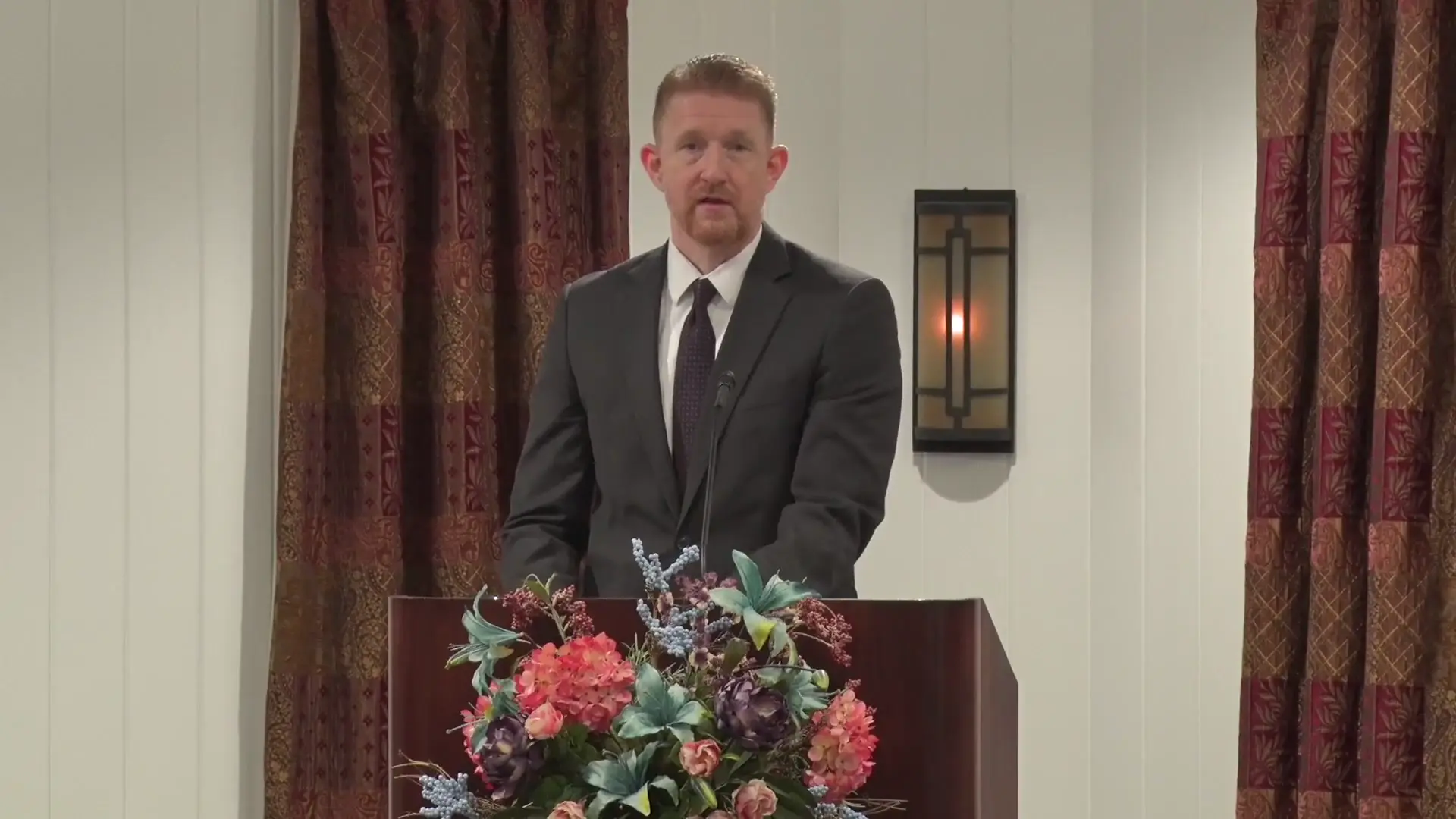Filter by Categories
Tisha b'Av
Sermonette by Clyde FinkleaThe 9th of Av commemorates major historical tragedies. When it occurs on a Sabbath during a Shemitah (year of release), horrible things occur.
Lamentations (Part Two; 1989)
Sermon/Bible Study by John W. RitenbaughJerusalem recounts her sins as a nation, depending on her own strength or on her lovers (political alliances) rather than upon God.
Lamentations (Part One)
Sermon by Richard T. RitenbaughThe book's five acrostic songs (chapters) answer the question, 'Why did this happen?' God brought the punishment on Judah because of gross and sustained sin.
Psalms: Book Three (Part One)
Sermon by Richard T. RitenbaughBook Three of the Psalms deals with the somber theme of judgment on a people who have rejected their God and have produced much rotten spiritual fruit.
Psalms: Book Three (Part Two)
Sermon by Richard T. RitenbaughBook Three of the Psalms addresses the compulsion to fast and to mourn. Judah's faithlessness brought about the horrific destruction of Jerusalem on Av 9.
Fear and Faith (Part Two)
CGG Weekly by Mike FordThe spies returned on the 8th of Av, and as the 9th of Av began, the people murmured, beginning a long list of calamities to befall Israel on this date.
Psalms: Book Five (Part One): Psalms for the Winter Blues
Sermon by Richard T. RitenbaughWinter is a time of cold, darkness, and sadness. As many as 10% of people in northern areas have Seasonal Affective Disorder. The Psalms for winter can help.
Pentecost and the Book of Ruth
Sermon by Richard T. RitenbaughAlthough many lessons of the book of Ruth allude to Old Covenant teachings, Ruth prefigures New Covenant principles such as mercy, Christ's care, and acceptance.

Thanksgiving or Self-Indulgence?
'Personal' from John W. RitenbaughShould Christians celebrate Thanksgiving Day? Are all this world's holidays off limits? Here is how to determine their propriety.
Fear and Faith or Between a Rock
Sermonette by Mike FordGod's people are pressured by this evil age. We must remember that God will fight for us; we need to wait silently and patiently for His promised intervention.

The Time of Jacob's Trouble
Sermon by David C. GrabbeThe curses of Leviticus 26 and Deuteronomy 28 are warning shots over moral decay and national sins. Jacob's trouble will force a total reliance on God.

The Olivet Prophecy Paradox
Sermon by David C. GrabbeThe Olivet Prophecy describes both a unique time of destruction and upheaval but also commonplace activities like eating, drinking, and marrying. How can this be?
A Blessing in Winter?
CGG Weekly by David C. GrabbeHaggai's last two prophecies are given on, and revolve around, Kislev (or Chislev) 24. Historically, this date has been highly significant, and it will be again.